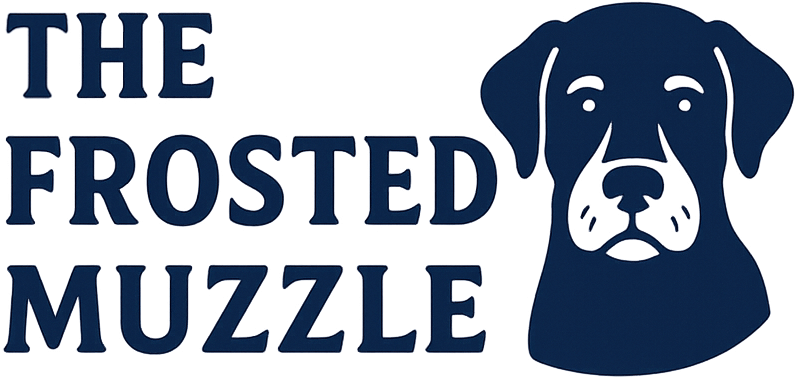Table of Contents
Just like humans, dogs have a natural aging process. As dog parents, it's essential to recognize the signs of aging in our furry friends and understand what is normal or what could be cause for concern. This knowledge can lead to better care, increased comfort, and a healthier life for your senior dog. Here are seven signs to look out for that could indicate your canine companion is moving into their golden years.
1. Shifts In Weight
Weight changes are a common indicator of aging in dogs. Some seniors may struggle with weight gain due to decreased activity levels, while others could experience weight loss associated with various health issues. So whether it's chunkier or slimmer than what seems normal, it's time to pay closer attention.
2. Changes In Sleep Patterns
Just like people, dogs may experience changes in their sleep patterns as they age. If your dog is sleeping more during the day or restless during the night, they might be showing signs of aging. However, these changes could also be a sign of underlying health issues, so veterinary consultation is crucial.
3. Decreased Activity Levels
As dogs age, they naturally slow down. You might notice decreased energy during walks, less interest in playtime, or more time spent resting. It’s critical to balance maintaining a level of physical activity to keep them fit and healthy with awareness of their limitations.
4. Changes In Hearing And Vision
Hearing and vision loss are frequent in older dogs. Your dog might not respond to subtle sounds or they might bump into furniture. Regular vet check-ups can confirm if these changes are due to old age or other health conditions such as cataracts, glaucoma, or a hearing-related problem.
5. Shift In Bathroom Habits
An increase in bathroom breaks might be a sign of aging in your dog. They may urinate more often, or you might find "accidents" in the house. These incidents are often a sign of aging but can also signal health issues such as urinary tract infection or diabetes.
6. Change In Appetite
A senior dog may start eating less or have a diminished interest in food. Dental issues, decreased sense of smell, or internal problems could cause them to eat less. On the other hand, some dogs might eat more due to diseases like diabetes or thyroid issues.
7. Behavior Changes
You may notice your elderly dog getting easily irritated, experiencing anxiety, or showing an unusual lack of interest in their favorite activities. These might be due to cognitive decline, commonly known as Canine Cognitive Dysfunction, which can occur in aging dogs.
Conclusion
Recognizing these signs of aging can help you provide better care for your senior dog, helping them transition through this stage comfortably and healthily. Don't be disheartened by the changes — remember, aging is a natural process. Respect their pace and continue to shower them with loads of love and care.
However, any sudden or severe changes should prompt a visit to the vet. Sometimes, symptoms that look like aging could be signs of more substantial health problems. Regular veterinary check-ups will ensure your beloved pet remains fit and healthy in their golden years.
Remember, our furry friends have given us their best years, and now it's our turn to make their twilight years as comfortable as we can. So keep an eye out for these seven signs, give them the care they need, and cherish the time you have with your loyal companion.
[keywords: signs of aging in dogs, senior dog, changes in dog's behavior, caring for an aging dog]

